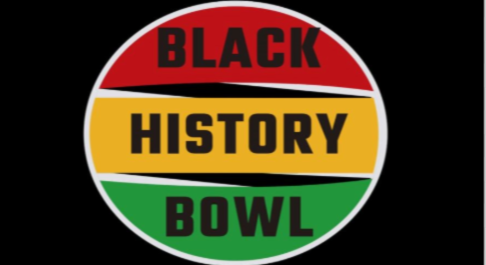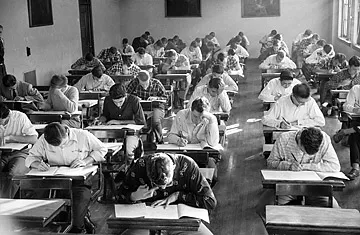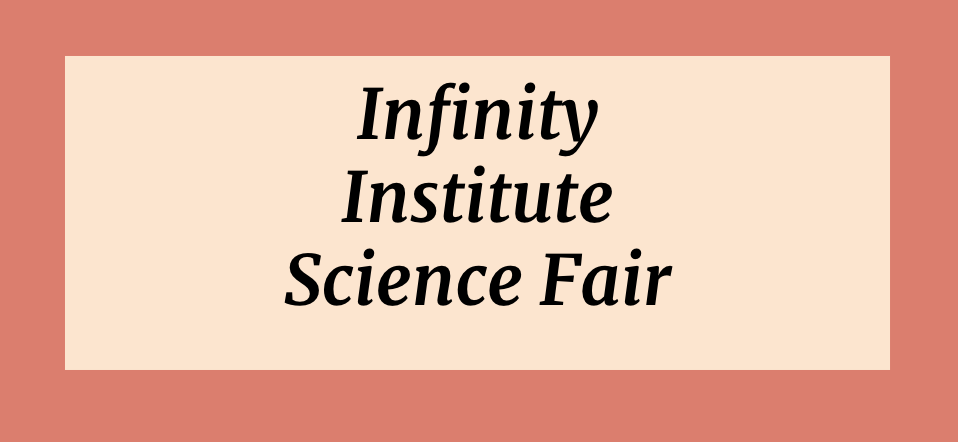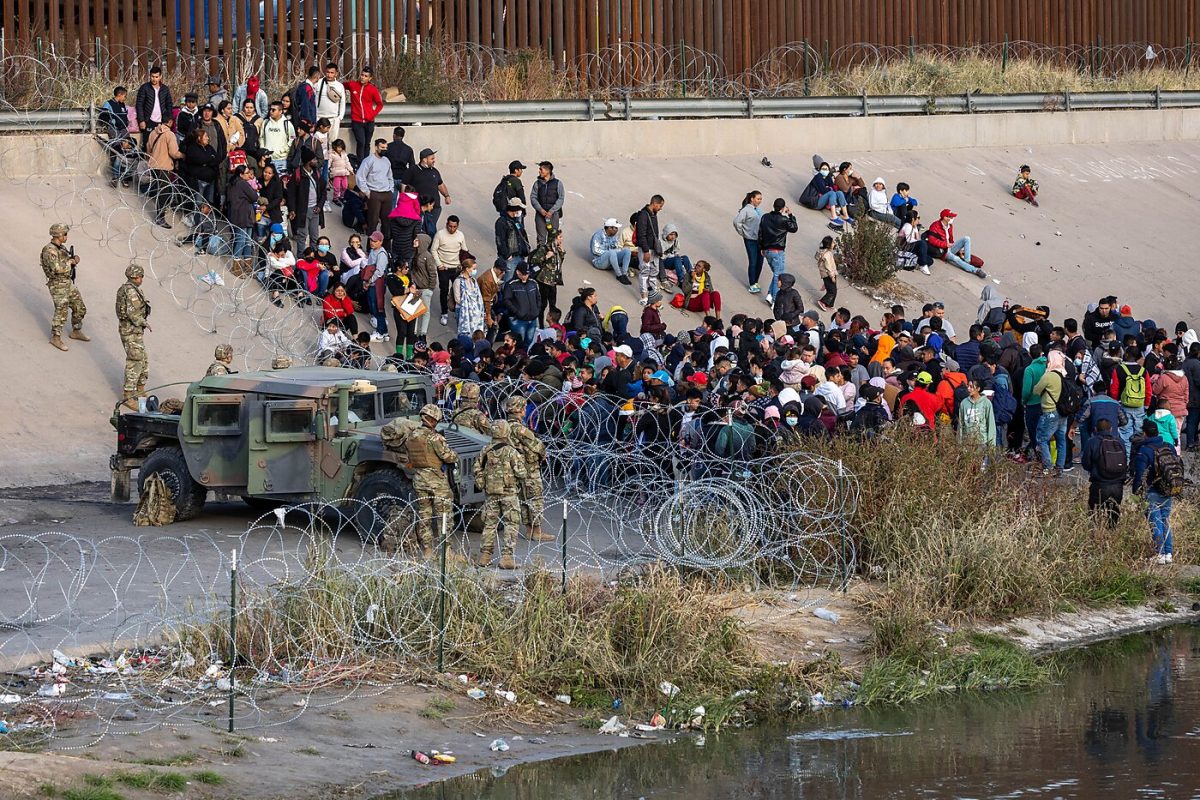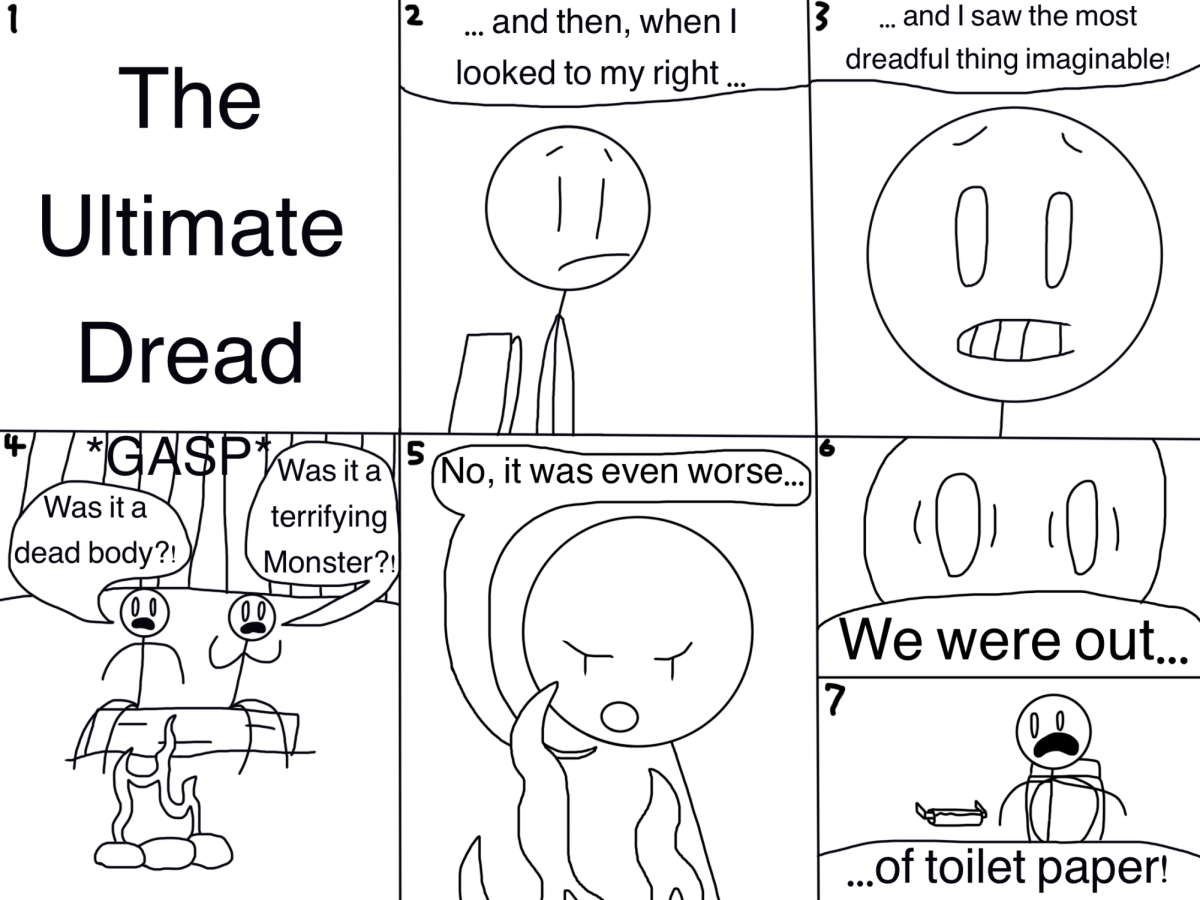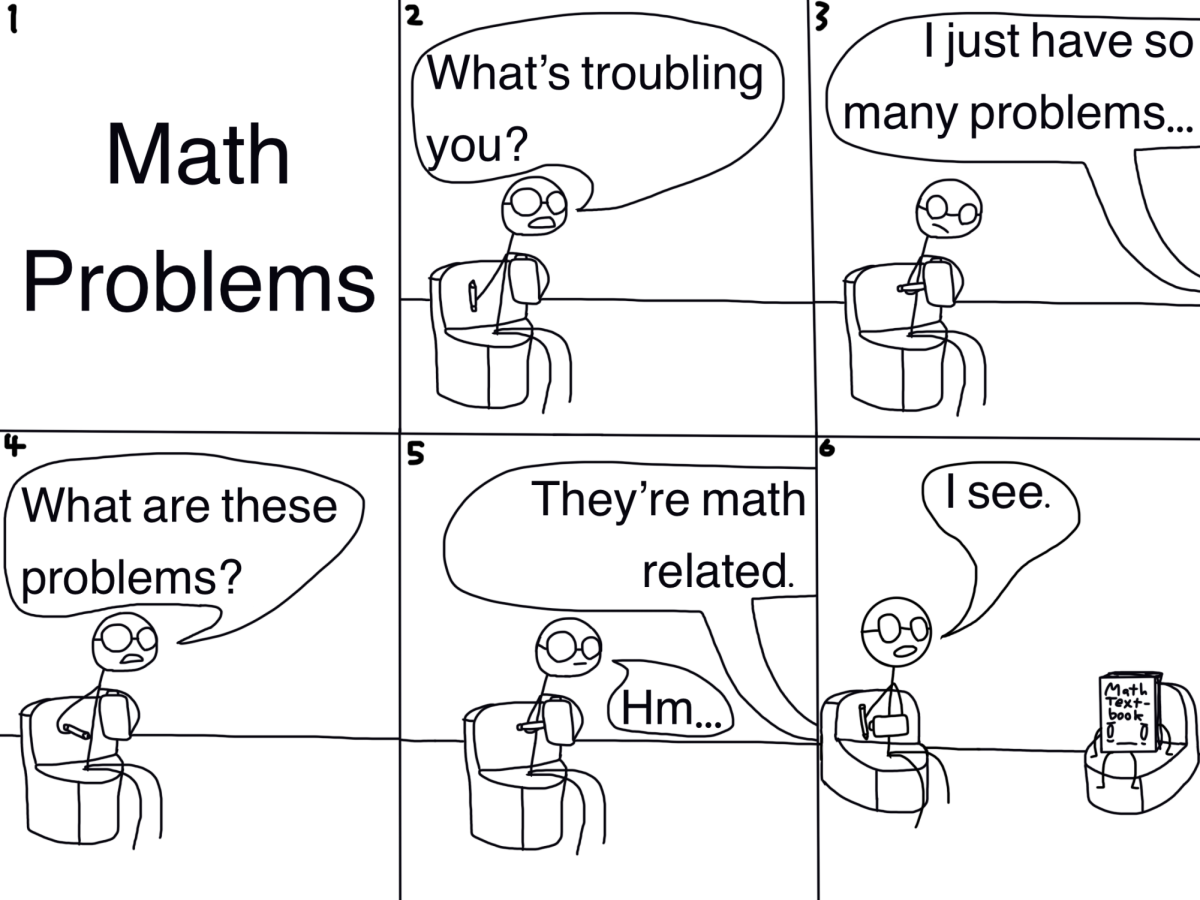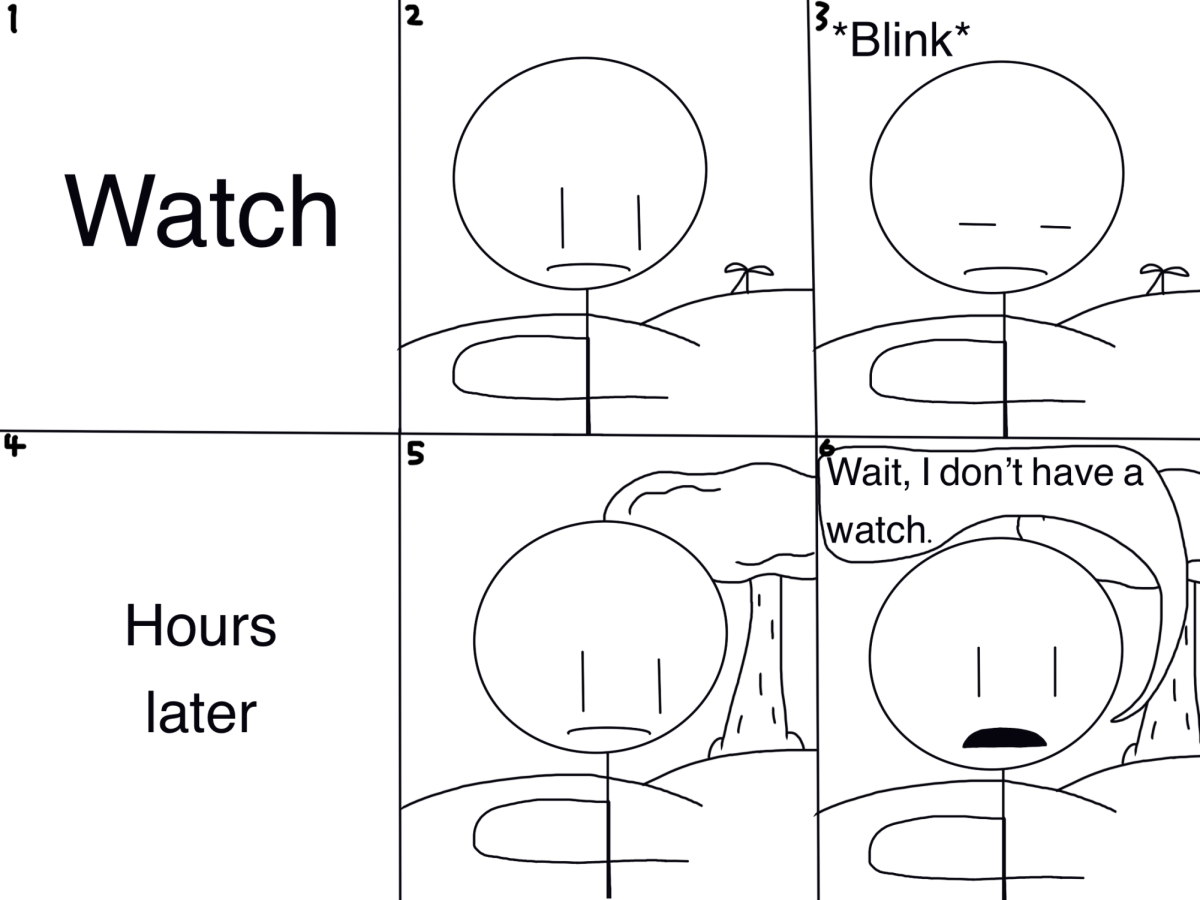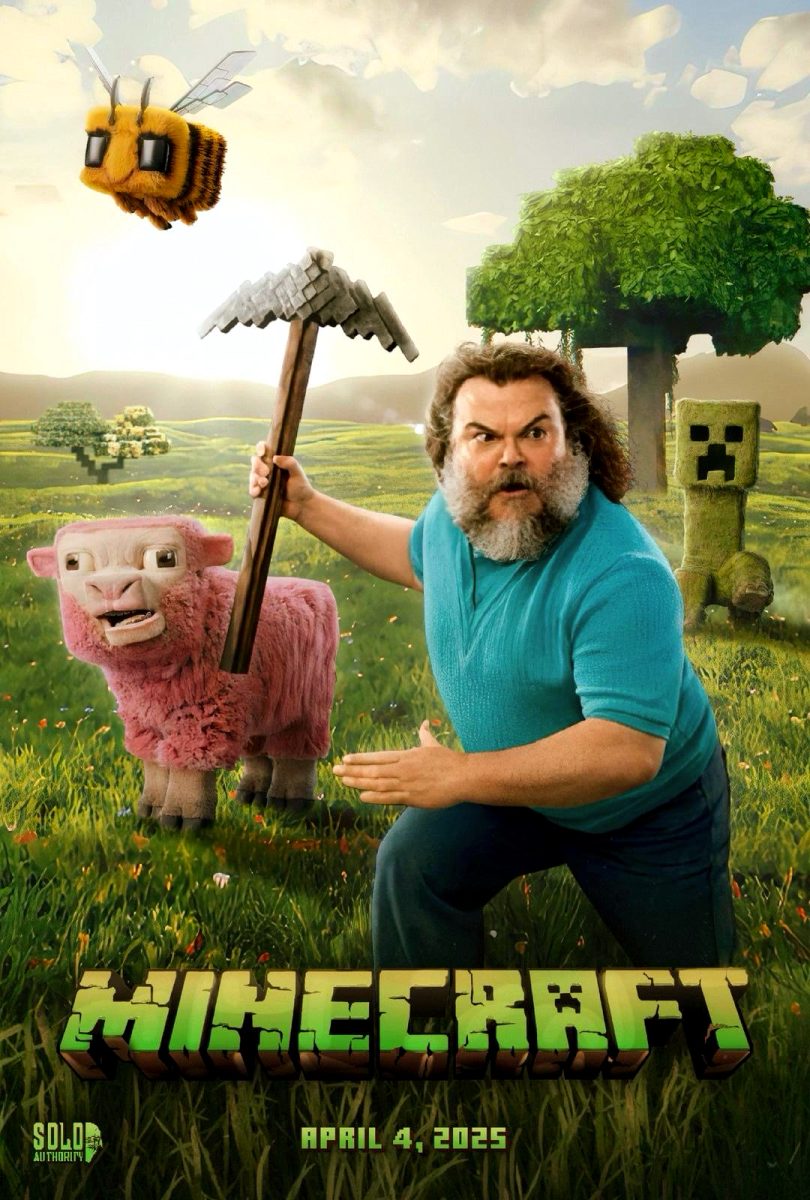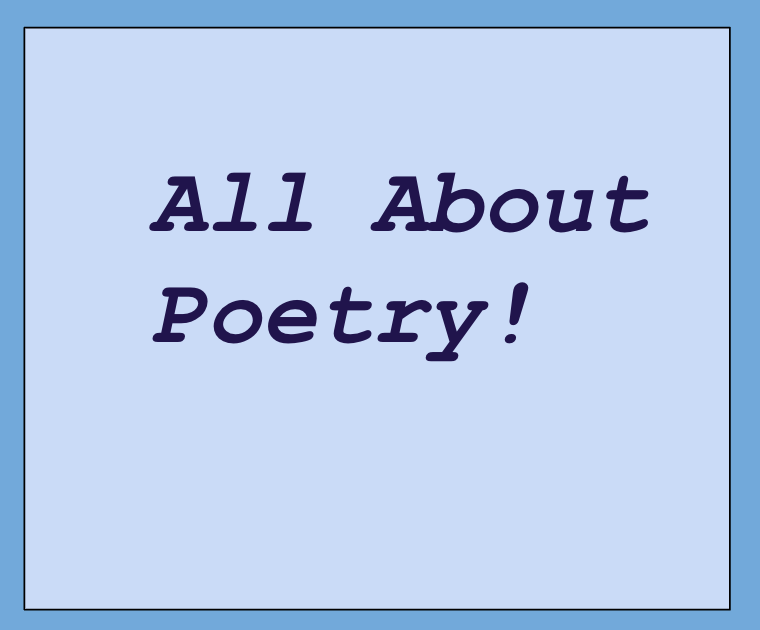All About Poetry!
Poetry is a way to express one’s ideas, thoughts or feelings in a creative way that is not always direct. And the main reason why poetry is so unique and sometimes hard to understand is because it can be read from multiple perspectives. Cultures all over the world have their own forms of poetry, and each poem shows that though we all have different viewpoints, it’s our differences that makes us come together to show that we are not so different from one another after all. I have several friends who believe that reading poetry is a waste of time, however it is important to realize that with poetry we are able to realize that though we write with our input we read and realize that the world is much bigger than ourselves alone. Poetry is much like Social Studies or History in this way because of both of these subjects show that we must learn from our past experiences to create better ones, because without acknowledging history our own history would just repeat again and again.
You must also understand that you don’t have to be the most creative or ‘gifted’ individual to write poetry, but you must instead just persevere to have the patience to know what you want to talk about in your poem and why you so strongly feel the urge to write about it. Remember that it is not that people only write poetry just to publish it, but they rather do it because they have the inward desire or urge to put their work and feeling out into the world. And it is also not that you have to write about what you feel, you could literally write a poem about how you emotionally do not feel anything and tie it with something that you see in the world around you.
Theodore Roosevelt once said, “Believe you can and you’re halfway there.” If you want to write a poem for yourself for whatever reason at all but don’t feel like you’d write the most perfect poem out there that truly captures your emotions or even the most relatable poem to exist, you’ll never know what could’ve been if you would have just put your pen to paper and try to make something out of your want. When you have the will for something, you always have the want for it, but when you want something it doesn’t necessarily mean that you have the will and passion to do it. With a strong work ethic and the will that no matter what you write down as poetry you’ll feel fulfilled, you can truly improve your skill and fall more deeply in love with writing.
To potentially inspire you to write more poetry, here are a few forms and stories of poetry to show how much of an impact poetry has on the world around us. And please note that I am not writing about all of the forms of poetry that have ever existed, but if you do want to learn more about this I hope that the following information helps you to cultivate your own opinions and cherish the fact that you’re curious about learning more about poetry and forms of self-expression.
From Japan:
Haiku Poetry – Haiku Poems are usually written in three lines with seventeen syllables, following a 5/7/5 syllable count. Haiku poems do not need to follow a specific rhyming scheme, and each line is meant to add onto the main idea of the poem or bring up a new idea instead of summarizing an idea that was already previously stated.
A Famous Poet: Matsuo Bashō is said to have mainly written poetry about nature and how we can all respect it and perhaps even preserve it. He wrote works like “The Narrow Road to the North”.
Senryu Poetry – Senryu poetry follows the same stated rules as a Haiku poem, however it is usually about what it means to be human and relationships.
A Famous Poet: Karai Senryū was famous for not just writing poetry but also judging poetry.
European Poetry:
There are many different forms of poetry from all around the continent of Europe, but I was not able to list them all here. I would suggest researching about more forms of poetry once you get the time to do it.
Sonnet Poetry – Sonnets have 14 lines in them that each have ten syllables in them, and they often follow a specific rhyme scheme. In addition to this, sonnets tend to have a turning point in them in which something significantly changes the ‘story’ of a sonnet that leads to the closure of a poem.
A Famous Poet: William Shakespeare was famous for his sonnets and plays, and a portion of them are mainly about love and what comes along with it.
Ode Poetry – Odes are lyrical poems that often have songs derive off of them. Odes are typically comprised of ten lines.
A Famous Poet: John Keats wrote his odes during the Romantic Period.
From Chile:
I could not exactly find the different forms of Chilean poetry, but I instead found some information about it as a whole.
Chile is called ‘The Land of the Poets’, and many of the poems from the country are about Native American roles during the Conquistador War. Modern day poetry from Chile is often about the politics climate there and a sense of diplomacy. There are the four ‘greats’ of Chilean poetry who are named Pablo Neruda, Vicente Huidobro, Pablo de Rokha and Gabriela Mistral.
A Famous Poet: Gabriela Mistral wrote about nature and all of the aspects of it in her poetry, and she advocated for minority group’s rights. She later on won a Nobel Prize for her literature.
From Colonial America:
Colonial America sparked various forms of literature, especially because of the Civil War, so it was hard for me to find specific forms of poetry during this time period instead of literature entirely. Because of this, I will instead summarize the common values that were shown throughout several poems.
Colonial American poetry were often wrote in a more direct manner than European poetry that was written before, and the poetry there was often about religion and belief or home life. As time progressed however, when the United States was fighting for independence and later gained independence, many poets started shifting their topics towards America’s political climate. This helped them to institute their own political opinions to the cause.
A Famous Poet: Walt Whitman is famous for his work titled ‘Leaves of Grass’.
From South Africa:
During the tragic apartheid, many South Africans would pass on their cultural values of commitment and resistance from white supremacy with both oral forms of poetry and written poetry.
As a result of this, many would write about the oppression they faced or saw others facing. These poems were mean to stir up political means at this time, and helped immensely when South Africa was granted its freedom.
But South Africa has such a rich history that it’s important to note that poems were passed down before the apartheid.
A Famous Poet: Along with being a poet, Sibusiso Nyembezi was an author of several award-winning books, teacher and student.
Thank you for reading this article and stay tuned because I want to publish a poetry collection one day!






